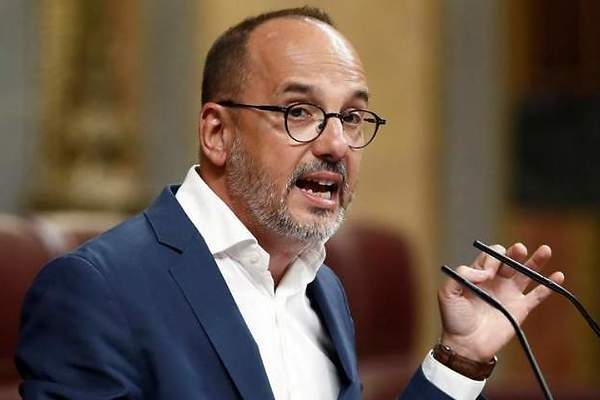On ‘El Balance’ of Capital Radio, Federico Quevedo analyses the results of the Catalan elections with Carles Campuzano, former PDeCAT deputy in the Congress of Deputies.
Carles is now director of Dincat, an organisation with almost 300 foundations, associations and cooperatives that work with people with intellectual disabilities and their families.However, he admits that “you cannot detach yourself from what happens in politics”. For this reason, Campuzano defines that the first fact to take into account is the low turnout: “it’s a bad thing. It is due to the pandemic environment. We have already seen it in Galicia, the Basque Country and Portugal”.
The distribution of seats is also a subject of debate. Carles Campuzano points out that the PSC has won the elections and “we have to give it its importance, this is projected into national politics”.
In the pro-independence bloc, the winner was ERC, to which Campuzano adds “not with all the forcefulness that Esquerra would have liked”. However, this is a relevant fact as it gives ERC a more prominent role in the Catalan conflict.
With this scenario, governing is complicated. Carles Campuzano points out that although the Socialist Party has a majority of seats, the government will once again be pro-independence. Moreover, the CUP has doubled its seats and once again and plays a key role.
The collapse of Ciudadanos
Campuzano points out that Ciudadanos’ fall of up to 30 seats is due to the fact that it did not know how to manage its majority: “it was weakened when Inés Arrimadas left for Madrid”. In these elections Ciudadanos won 6 seats, 30 fewer than in the 2017 elections.
Pardons
The understanding between Catalonia and the central government depends, according to Campuzano, on the pardons of the prisoners of the Catalan procés. The former deputy points out that “they will be key for ERC to continue dialogue”.
Listen to the full interview in the following audio:
Through ‘El Balance’, a programme hosted by Federico Quevedo on Capital Radio, Influence Spain is able to expand its network of contacts within the national, regional and municipal spectrum.

